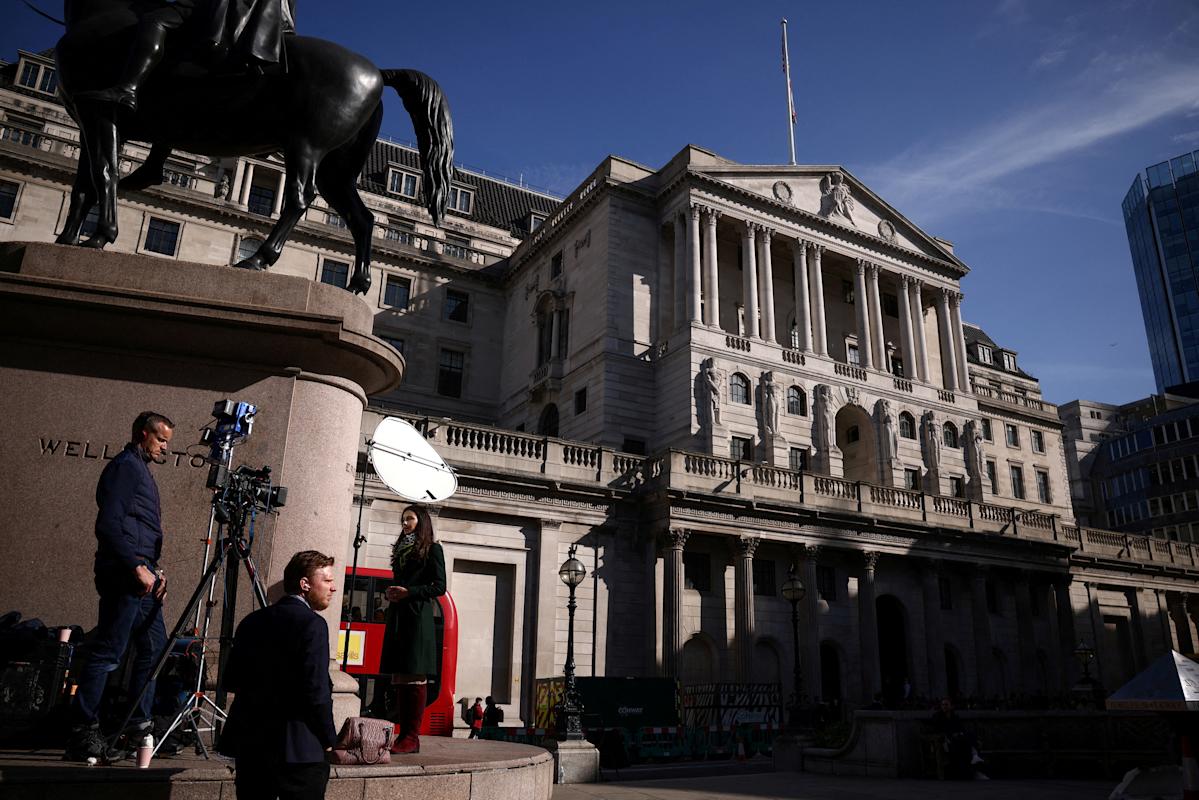Asian equity markets were mixed overnight, with the Hang Seng index (^HSI) leading the losses in the region, declining 1.1%. The Shanghai Composite (000001.SS) was treading water while the Nikkei (^N225) defied the regional trend, advancing 0.9% to a four-month high, supported by a weaker yen.
It came as Japan’s exports in May fell 1.7% year-on-year, marking the most significant decline since September 2024, as the nation continues to face trade uncertainties. This drop was less severe than the 3.7% fall anticipated by Bloomberg, but represents a reversal from the 2.0% increase recorded in April.
Japan’s trade deficit swelled to -637.6bn yen in May, which is smaller than the expected -896.5bn yen, compared to a revised deficit of -115.6bn yen the previous month.
Meanwhile the Kospi (^KS11) also made gains, up 0.7% on the day.
Across the pond on Wall Street, the US dollar held onto most of its gains against its peers but stocks stayed under pressure.
The Dow Jones (^DJI) finished 0.7% lower, at 42,215.80, and the S&P 500 (^GSPC) fell 0.8% to 5,982.72. Apart from energy, all the major sector groups lost ground, including the Magnificent 7 (-1.06%). The tech-heavy Nasdaq (^IXIC) shed 0.9%, closing at 19,521.09.
One of the negative drivers on Tuesday was underwhelming US data across the board. Retail sales fell 0.9% in May, compared to the 0.6% fall expected, which was a second consecutive monthly decline.
Industrial production also fell 0.2% in May (versus an expected no change). However, some of the core measures fared better, and the retail control group was up 0.4%, compared to the 0.3% expected.
In the bond market, the yield on benchmark 10-year US Treasury notes dropped to 4.389% last night, from 4.454% late on Monday.
